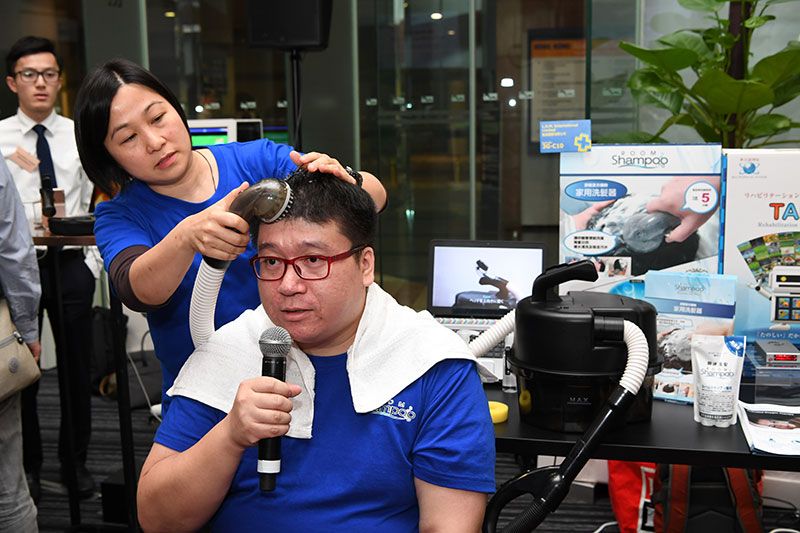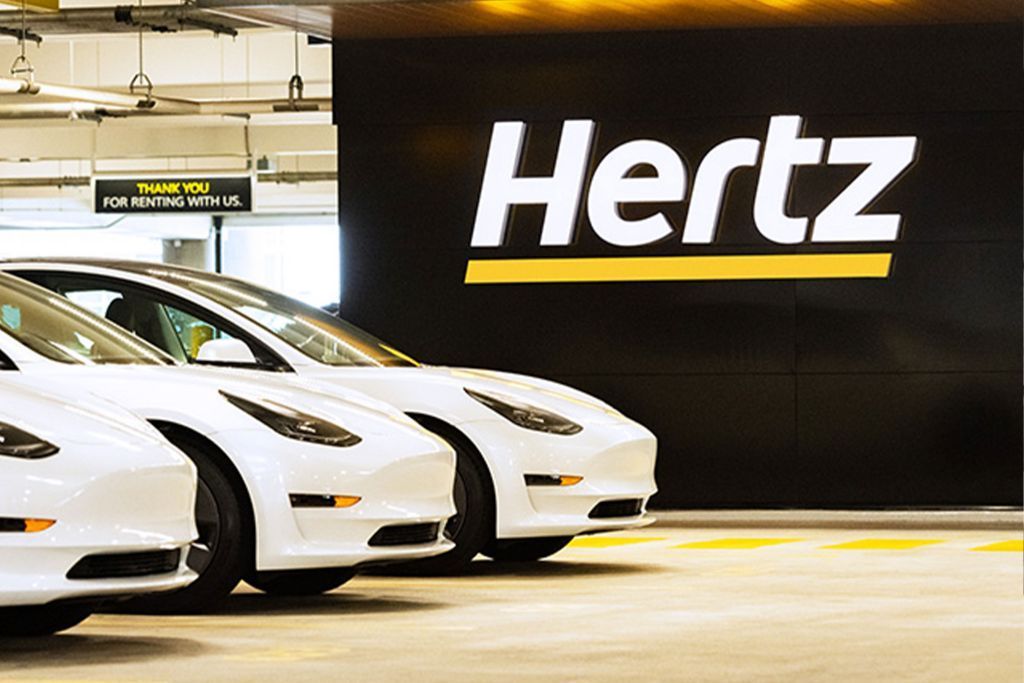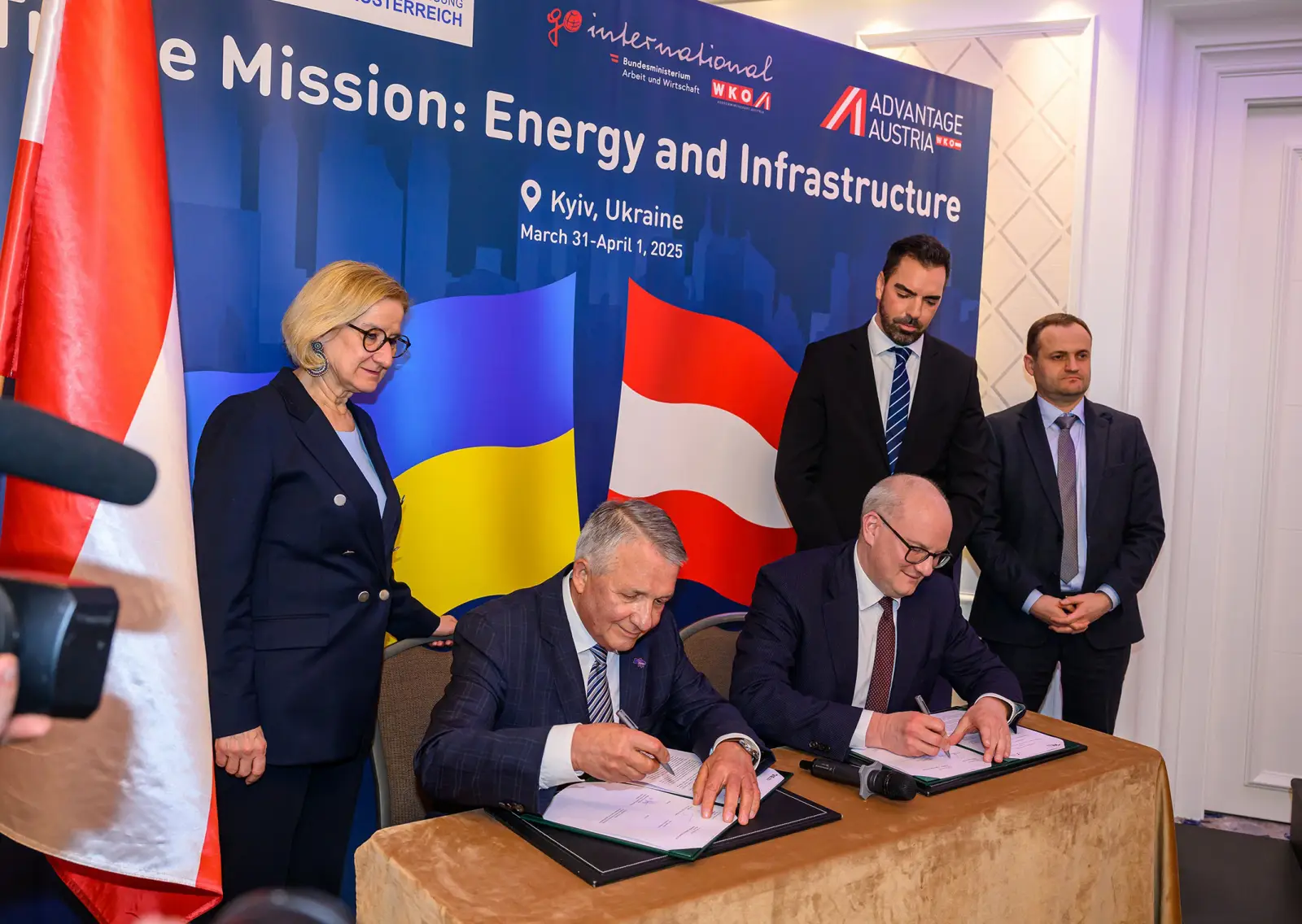An ageing global population and a general increase in health awareness are boosting demand for medical and healthcare equipment.
At a press conference today, the Hong Kong Trade Development Council (HKTDC) previewed the highlights of the 10th HKTDC Hong Kong International Medical and Healthcare Fair (“Medical Fair”) and showcased some of the products that are driving the development of this fast-growing sector.
“Hong Kong’s exports of medical and healthcare equipment exceeded HK$13 billion in 2018, an increase of 4.6% compared to the previous year,” said Sophia Chong, HKTDC Assistant Executive Director. “With global health spending continuing to climb, it is expected that medical and healthcare spending as a proportion of overall household expenditure will rise in tandem. This signifies enormous growth potential for the medical devices and supplies industry. Catering to this trend, the Medical Fair offers an important business and sourcing platform for industry players to showcase the latest medical equipment, technologies and related services.”
The Medical Fair, organised by the HKTDC and co-organised by the Hong Kong Medical and Healthcare Device Industries Association (HKMHDIA), runs from 14 to 16 May at the Hong Kong Convention and Exhibition Centre (HKCEC). This year’s fair will gather 285 exhibitors from eight countries and regions and feature new exhibitors from the United Kingdom and Singapore. The Japanese pavilion will also make its debut, while the HKMHDIA pavilion will be further expanded to feature 55 companies.
New zone highlights biotechnology potential
Biotechnology is one of the four areas of strength identified by the Hong Kong Special Administrative Region (HKSAR) Government in the 2018-19 Budget to bolster innovation and technology in Hong Kong. Responding to this development, the Medical Fair’s new Biotechnology zone will showcase the latest biotech advancements relating to areas such as vaccine research, allergy tests and genetically engineered drugs.
Exhibits highlighted at today’s press conference included an array-based LED-induced fluorescence immunoassay platform developed by a local biotechnology company. The device requires just one drop of blood or saliva to perform an end-to-end in vitro diagnosis in just 15 minutes. It can detect problems such as infectious diseases and heart disease and can drastically reduce the turnaround time compared to conventional tests where samples need to be taken to a laboratory.
In addition, on the first day of the fair (14 May), a seminar entitled “Biomedical Technologies that are Changing Healthcare” will feature speakers from several biotechnology companies from the Hong Kong Science Park who will share their latest developments and discuss how biotechnology companies can commercialise their innovations.
New portable devices enable quicker assessment
One major trend in medical technology is to replace bulky medical equipment with advanced portable devices that enable quick testing or preliminary self-assessment, overcoming any geographical limitations. Several user-friendly technologies and devices were displayed at the press conference, including a portable radiation-free scoliosis assessment system, a portable ultrasound machine and an ultra-wide field smartphone ophthalmoscope that can detect retinal problems using a smartphone attachment.
Award-winning local innovation adopted by public hospitals
Also spotlighted at the press conference was Hong Kong’s first medical implant company that uses customised metal 3D-printing technology to create patient-specific implants. The company showcased its durable, bio-compatible and bio-conductive 3D-printed metal talus implants that are customised according to the patient’s bone density and size. The company won a merit prize at the Hong Kong ICT Awards 2018 for this technology and is now an official supplier of metal taluses for the Hospital Authority in Hong Kong.
Startup zone showcases innovative solutions
Continuing the HKTDC’s commitment to supporting start-ups, the Startup zone at this year’s fair will be expanded to showcase 21 new companies and their innovative solutions. Products on display will include a Wi-Fi Clock that automatically synchronises with the atomic clock of the Hong Kong Observatory and is already being used by the Hospital Authority at its hospitals. Also on display will be a portable blood sugar monitor that does not require finger pricks, and a palm-sized, portable smart assistant for CPR. The new Korea start-up pavilion, meanwhile, will feature some of that country’s latest medical technologies.
Other highlighted zones include the World of Health & Wellness, which will showcase an array of fitness products, functional food and beverages, and health supplements; the Rehabilitation and Elderly Care zone that will display products and services for elderly care and rehabilitation; and the Hospital Equipment zone where specialist technology such as ultrasound and other imaging equipment, along with a range of surgical and first-aid instruments, will be presented.
Keeping a finger on the pulse of the medical market
A series of seminars will be held during the fair, including one covering the “Outlook of the Medical and Healthcare Industry and Latest Medtech Innovations” on the first day (14 May). A representative from China Medical Devices Magazine will examine the latest developments in the mainland’s medical industry, while representatives from Hong Kong Polytechnic University and the Chinese University of Hong Kong will share their research findings. On the following day (15 May), a seminar titled “Australia Medtech Knowledge Hub – Progression of Sensing Technique for Medical Diagnosis” will feature academics and medical professionals from Australia as speakers.
Hospital Authority Convention
Another signature event of the Asia-Pacific medical industry, the Hospital Authority Convention 2019, will be held concurrently at the HKCEC during the first two days (14 and 15 May) of the Medical Fair to generate synergy. More than 5,000 medical professionals are expected to attend the event, and nearly 90 overseas and local medical experts will share their professional insights and experiences on a host of subjects in more than 50 thematic sessions.
Hong Kong’s medical and healthcare equipment export performance
2017: HK$12.5 billion
2018: HK$13 billion
January to March 2019: HK$3 billion













